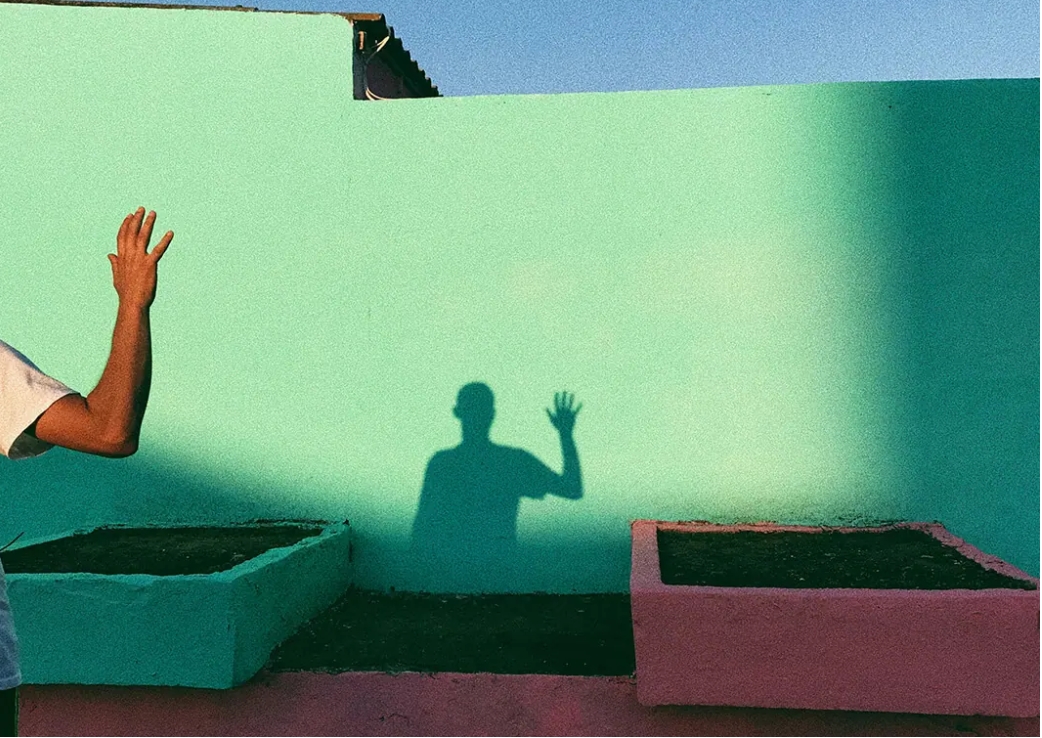I See You
Can we learn a thing or two about connection from people in other countries? My recent experience in South Africa suggests we can. South Africans place a premium on hospitality, goodwill, and politeness. They consider it ill-mannered to commence business without greeting a stranger or a friend. It is considered rude to start fingering the retail goods in a store without saying, “Good Morning.”
On a recent South African tour, I learned that the Zulu greeting for hello or good morning translates to “I see you.” Sawubona is more than a greeting; it acknowledges the worth and dignity of each person in the world. One stands on the shoulders of the ancestors, our tour guide explained. Home is where generations of a family is from, not necessarily where a person lives now.
The words, I see you, stopped me in my tracks. Each of us desires to be seen, if not for our talents, then for our innate goodness. I committed the Zulu greeting to memory and used it often there: Sawubona. Sawubona. The smile came next.
More than a simple greeting, Sawubona notes the whole of one’s life experiences: the pain, the passion, the strengths and weaknesses, and the promise of one’s future. I see you. You are valuable to me. By seeing you, I see you into being, the Zulu culture believes. The other person responds with what translates to, “I am here.”
The South Africans we encountered laughed easily, danced in the plazas, and hugged. Joy was not hard to find, despite the struggles of poverty, inequality, and other difficulties.
“Look upon the person in front of you with the eyes of God,” my spiritual director once told me. It changes everything. God is generous, all-loving, and divine. His gaze offers limitless grace, mercy, and love to all who know him.
Back in my home city, the great unseen are the poor, the often-unhoused residents. One of my devout brother-friends is known to greet each person who approaches him on the street. He meets his or her eyes and speaks to the individual. He inquires of the person’s well-being or asks the individual’s name. No one ever asks for the names of homeless people, he observes. Without giving cash each time (Most times he does not.) nor judging how people became homeless, he meets their eyes to acknowledge the divine within. He sees them and meets them where they are, if only for an instant. Sawubona.
What must we surrender to see truly and value fully the stranger in front of us? Can we let go of limiting beliefs, suspend judgment, and meet the stranger with a smile? Can we resist the urge to fix and instead look with the eyes of God at the struggling soul in front of us?
